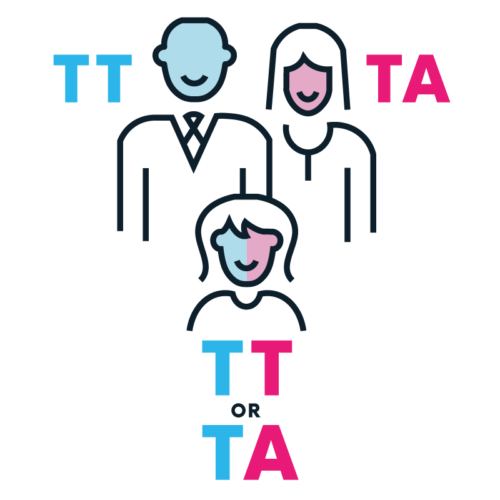Why is DNA important?
The evidence is rich and growing stronger – today we know that genetics can be responsible for up to 80% of our health outcomes. So with such an impact, why would you settle for the same recipes or exercises as someone with completely different genes?
When it comes to weight loss, FTO is one of the most studied genes. In the myDNA Weight Management insights, this is the one relating to Appetite and Weight, and it’s the gene most tightly linked with Obesity, with the AT and AA variations having a 20-60% higher chance of becoming overweight or obese.
But, as we say, your DNA is not your destiny. Numerous studies covering 1000s of participants have shown that a protein-rich diet for those carrying the AT and AA genotypes (68% of myDNA members) can result in great weight loss benefits. Similarly, a meta-analysis of 10 studies found that those with the AT and AA genotypes lost more weight than others by exercising regularly.
In saying that, the classic weight loss method of eating less and moving more is mostly beneficial for people carrying a specific ADIPOQ variant. Those with the GG genotype (found in 54% of myDNA members) will burn more fat than others, simply by lowering the calories they consume!
When it comes to exercise, a study completed in 2016 found athletic improvements were tripled over an 8-week period when the training program (high or low intensity) was matched to the genetic profile. Our genetic analysis matches members to a Power or Endurance profile, before matching them with the appropriate DNA-powered training program, in line with their fitness goals. In fact, in 2019 we ran a challenge among our members in which 75% of participants experienced positive health outcomes over the eight-week period!
Following these studies there has been a plethora of genetic research with professional athletes, from the UK Olympic Squad, to the NFL including a separate study specifically with the San Francisco 49ers, to the English Premier League and even the Egyptian Football Association.


